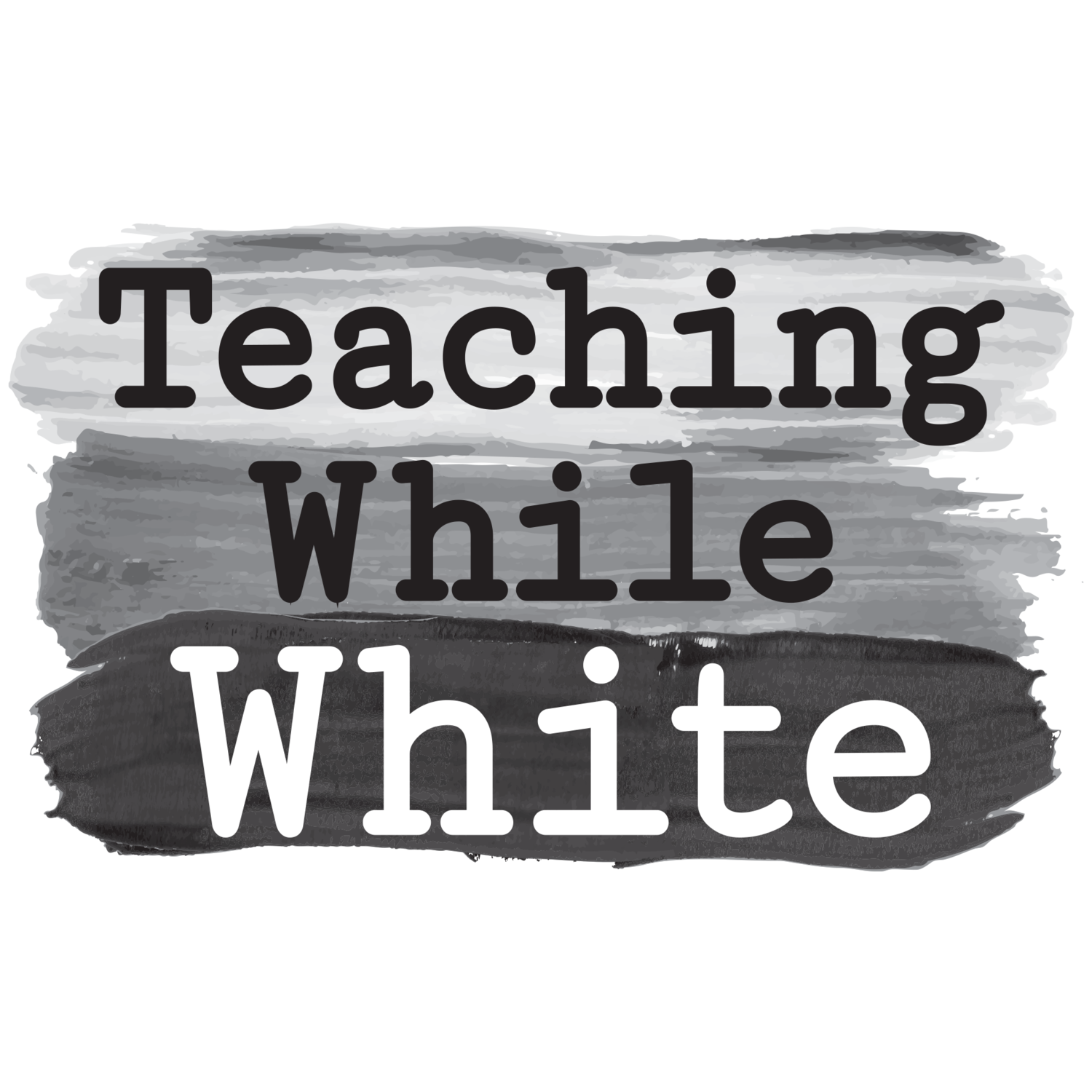Growing Up with White Privilege
I am White. I live in a predominantly White town and I live a predominantly privileged life. Though I am only in high school, the aspects of my life affected by privilege are endless. I become at fault when I fail to recognize this privilege of mine. I realize I have never been treated negatively because of my skin color. I do not feel fear when I see a police officer because throughout my life, the police have existed to protect me. My life has been made easier because of my White privilege. It is crucial to acknowledge this.
I have felt very emotional the last several days. I cried after watching the video of George Floyd and have had a similar reaction any time protests are on the news. My immediate reaction to this sadness of mine? Who are you to be sad and who are you to be angry? This is not your experience.
Herein lies the problem. Many times when a Black man or woman is killed in an act of racism, there is a burst of activism. There may be a march in Washington D.C. or a trending hashtag, but many of us with White privilege fail to respond appropriately. We are not sad enough. We are not angry enough.
After the shooting of Breonna Taylor and Ahmaud Arbery, there was some movement. Our country was nearing a breaking point and the murder of George Floyd tipped us over the edge. Social media blew up with activism. Marches and rallies and riots started in cities across the country: citizens begging for change. This explosion was full of pain and centuries of suffering — but it woke some of us up. Those of us with White privilege were horrified by some of the things happening in our country. We always had the ability to turn the videos off, put our phone down and go to bed. I remember thinking when I was younger: I don’t know if I can watch some of this footage, it makes me too sad and uncomfortable. News flash — this is not a piece of content. These are people’s lives.
So I found last week to be a turning point for myself and some of my classmates. Much needed conversations started. Maddie Curnow, a junior at East Greenwich High School, wrote
“While I have always been filled with anger in regards to the discrimination African Americans face in the United States, my anger has greatly swelled in the past week. I know that I will never be able to fully understand the struggles Black lives encounter everyday, so instead I am doing my best to amplify the voices around me. Ask yourself, have I been doing enough or is my silence contributing to the oppression? If you want to help but do not know where to start, go to https://blacklivesmatters.carrd.co/ for a list of resources.”
Instead of just feeling sad, I wanted to do something. Not because I am Black or can relate to the African-American experience, but because I care. I do not want to live in a country where an innocent man can be suffocated for almost nine minutes by a police officer’s knee. I do not want to live in a country where peaceful protests go unheard. I do want to be aware of some of the social ignorance I carry.
Leah Valente, another junior at East Greenwich High School, shared:
“After reading and watching many videos and posts on social media, I have come to truly understand the role of ignorance in our country. I had been ignorant to the horrors that occur everyday until I completed a year of U.S. History and have been keeping up with the news. The more I learn, the angrier I get. Educating ourselves right now is the most important thing we can do. Acting right now does not make you right or left, it makes you human.”
My plan is to read and watch these works in hopes of understanding and becoming a better American citizen. As Angela Davis said, “In a racist society, it is not enough to be non-racist, we must be anti-racist.”
Here’s what’s on my list:
13th, a Netflix documentary about racial inequality in America and our prison system
So You Want to Talk About Race, a book by Ijeoma Oluo
White Fragility: Why it’s So Hard for White People to Talk About Racism, a book by Robin DiAngelo
The Fire Next Time, a book by James Baldwin
When They See Us, a Netflix limited series about the Central Park five
Ain’t I a Woman: Black Women and Feminism, a book by bell hooks
I hope this is just the beginning.
Maya Barnes lives in East Greenwich, Rhode Island. In the fall of 2020, she will be a senior at East Greenwich High School, where she plays soccer and basketball and is a member of Future Business Leaders of America, Model UN, and the National Honor Society. Maya also writes for the East Greenwich News, where this piece first appeared. It is reprinted with permission from the author.
